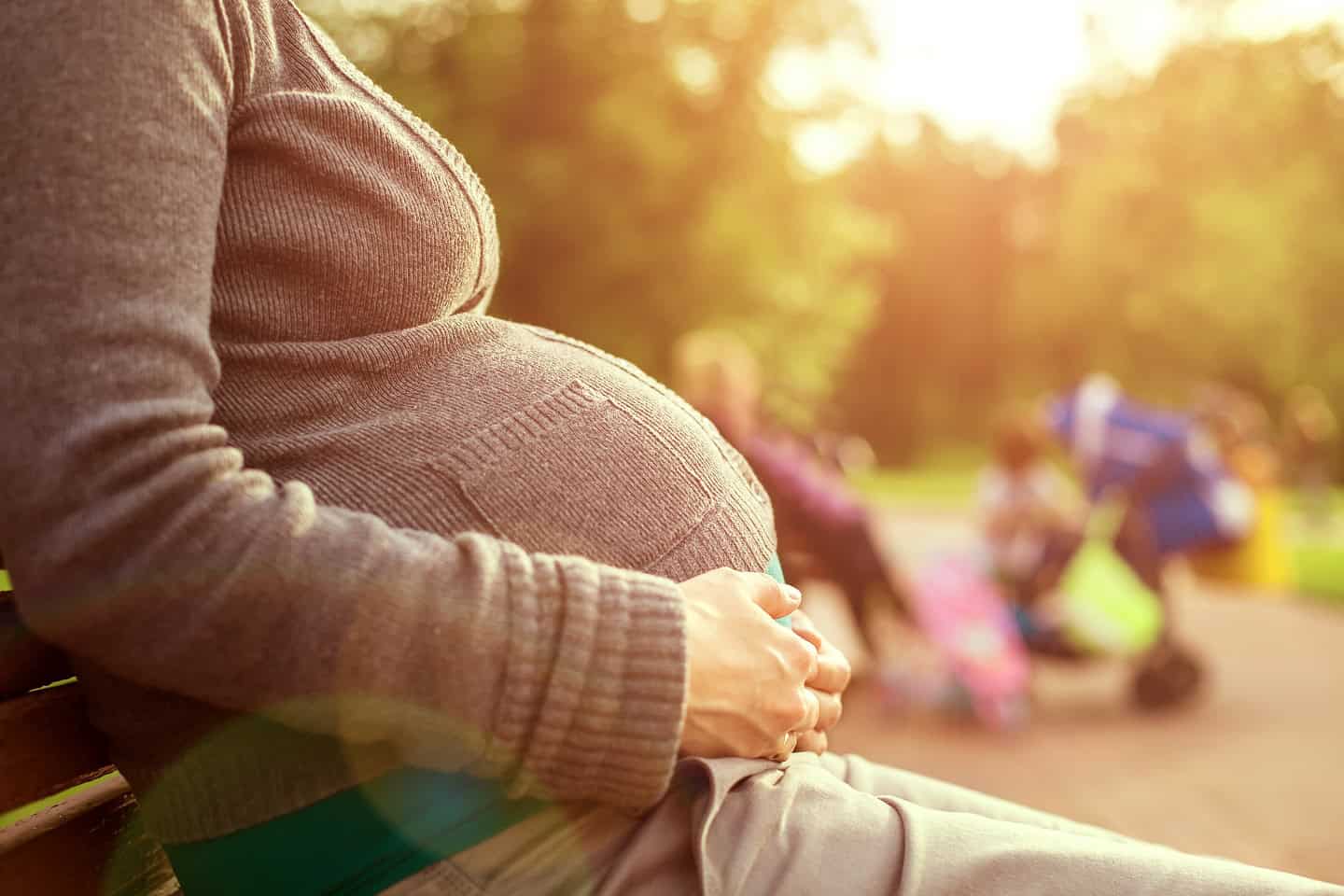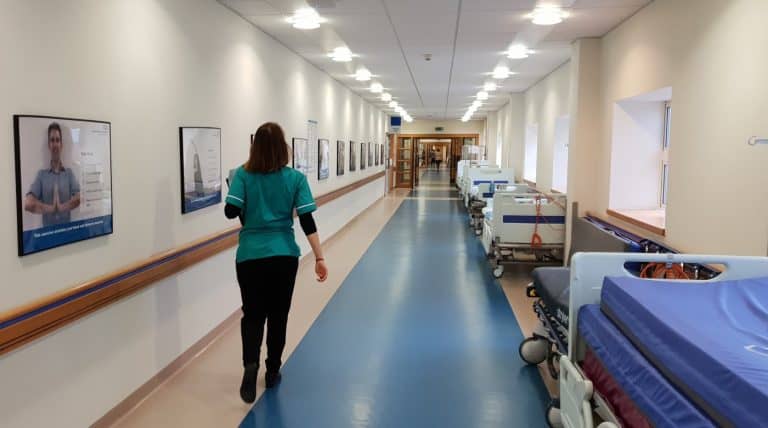
Stillbirth rate increases during COVID-19 pandemic
The Independent has reported that the Healthcare Safety Investigation Branch (‘HSIB’) has investigated whether changes to maternity services during the pandemic affected care given to women who went on to have stillborn babies.
The HSIB particularly considered the mandatory redeployment of midwives and doctors and the way that women were looked after during their pregnancy, as the level of checks and face to face appointments changed.
What is a stillbirth?
Losing a baby at any time during pregnancy can be completely devastating. If a baby dies before 24 weeks of pregnancy, the NHS describes this as a miscarriage. The loss of a baby after 24 weeks of pregnancy is described as a stillbirth. If a baby dies after they have been born alive, this is known as a neonatal death.
Stillbirth is often an unavoidable tragedy, as there are still risks during pregnancy that even modern medicine cannot prevent or mitigate against. However, in some cases, stillbirth can come about as the result of medical negligence during pregnancy, labour or delivery.
Issues Identified
The HSIB launched the investigation as a result of the number of stillbirths after the onset of labour increased between April and June 2020. During this time there were 45 stillbirths. During the same period in 2019 there had been 24 stillbirths, meaning the rate had essentially doubled. During the pandemic, the Royal College of Obstetricians and Gynaecologists’ and the Royal College of Midwives both criticised the redeployment of maternity staff when mothers continued to require maternity services regardless of the ongoing pandemic.
37 cases were examined by the HSIB, who found that staffing levels were affected by the NHS response to the pandemic. None of the women involved had coronavirus.
There were six key findings as a result of the report:
- Guidance
The challenges in interpreting and ensuring constituent implementation of rapidly changing national guidance in relation to COVID-19 was emphasised. Previous reports have found that many maternity units are having difficulties with disseminating key guidance.
- Management of risk
Trusts needed to balance the emerging and uncertain risks of COVID-19 with the known existing risks of pregnancy and the impact of changes to services, such as moving to remote consultations.
- Telephone triage
Difficulties in communication were identified, in particular relating to the availability and presentation of clinical records, documents and communicating information from triage calls. There were also issues with the availability of interpreters in urgent circumstances – particularly important given recent statistics identifying particular risks for BAME women.
- Interpretation services
The report found that particularly during the first wave of the pandemic, a time when women were required to attend antenatal appointments alone, the provision of interpretation services was critical. As above, women from BAME backgrounds have been identified as being at particular risk during pregnancy and childbirth and language barriers could contribute to issues with their care.
- Work demands and capacity to respond
It was recognised that there were challenges in ensuring consistency and availability of appropriate clinicians within maternity services, exacerbated by increased levels of staff sickness and absence, and staff redeployment as a result of the pandemic.
- Resuscitation of newborns
Trusts should be proactively managing predictable risks connected to resuscitating newborn babies. It was identified that there was variability in the timing and efficiency of this vital treatment.
What more should be done?
HSIB made eight safety recommendations as a result of the report:
- Development of a process to ensure consistency and clarity across national maternity guidance
- Guidance to clarify the management of reported change in fetal movements during the third trimester of pregnancy, with regard to the national policy
- NHS England and NHS Improvement lead work to collate and act on the evidence on the risk and benefit of remote consultations at critical stages of maternity care
- The electronic records system should meet national interconnectivity standards for the exchange of core maternity healthcare information. There should be a functionality for women and professionals to add to the record.
- Development of minimum operating standards for pre assessment maternity telephone triage services to ensure the reliable identification of risk
- Review to be commissioned to improve the reliability of existing assessment tools for fetal growth and fetal heart rate to minimise risk for babies
- Development of minimum operating standards for interpretation services in maternity care, including a communication risk assessment
- Development of a framework to support Trusts to anticipate operational risk in maternity services when delivering neonatal resuscitation.
In my view, maternity services should have been prioritised and ring fenced during the pandemic (or any future public health event) to protect mothers and babies. It is clear that there are deep structural issues with NHS maternity care services and this was the case before the pandemic. Maternity services are known to be underfunded and understaffed, with women and babies already at risk before the pandemic was an issue. Maternity care is highly specialised, vitally important care that needs to be prioritised and safeguarded.
Advice for families
If you think that the loss of your baby might be as a result of negligent medical treatment, you should seek the opinion of an expert lawyer as soon as possible. You may be able to bring a claim for medical negligence against the hospital or team that treated you during your pregnancy and labour.
In legal terms, a baby is only classed as a separate person after they have been born. Before birth, a baby is considered to be legally part of their mother and therefore the same person. This means that you may also have a claim for any psychiatric injury you sustain as a result of your devastating loss.
Where it can be established that without negligence the baby should have been born alive and well, bereaved families deserve justice and may be entitled to financial compensation for their loss. In these circumstances, no amount of compensation is ever enough and indeed financial compensation is rarely the aim for families in these circumstances. However, a claim in medical negligence is often the only way for families to independently hold organisations to account and get answers about what happened to their baby. In my view, it is important to bring these claims to shine light on these issues so that changes are made to ensure that no other families have to go through such heart-breaking, life-changing loss.










